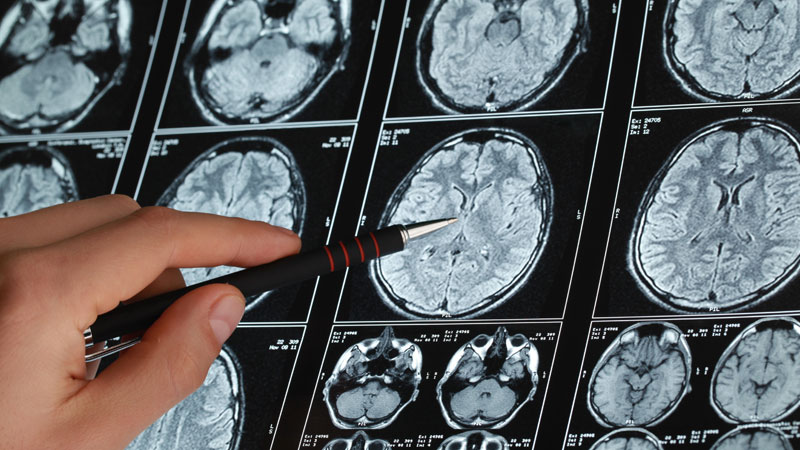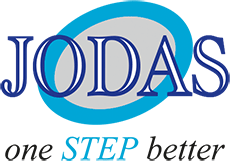
Magnetic resonance imaging (MRI) is a crucial technique for disease diagnosis and treatment, with gadolinium-based contrast agents (GBCAs) being useful and safe in some cases. GBCAs are pharmaceuticals that enhance diagnostic image information by altering tissue properties, influencing contrast mechanisms. They are used in MRI to study proton (1H) relaxation processes in water and soft tissues in biological systems. GBCAs are administered intravenously and distributed throughout the body, with most being eliminated within hours. They shorten the T1 and T2 relaxation times of water molecules, resulting in brighter signals on T1-weighted images and darker signals on T2-weighted images. When administered at relatively low doses in individuals with normal renal function, all GBCAs approved for clinical use have a broad safety margin. Understanding an agent’s relaxivity, concentration, and chelate stability is important for radiologists as these properties impact patient safety and the effectiveness of diagnosis. This blog summarizes an overview of Gadolinium based contrast agents usage in the diagnostic MRI imaging.



